By the 1750s, the American colonies were already beginning to operate independently from Britain. This new level of autonomy followed Britain's recognition of the value offered by new colonial markets for British-made products and the growing ability of the colonies to produce goods needed or wanted by Europeans.
As you know, however, relations between the colonists and British officials eventually turned sour, and the falling-out had everything to do with taxes. Use the slide show below to review how the American colonists decided that their independence from Britain was both warranted and necessary. Click the audio play bar beneath each image.

Political tensions intensified in the American colonies following passage of the Sugar Act of 1764. The colonists strongly resisted this early tax measure, arguing that the colonies were territories of the British crown rather than Parliament. Since they were not allowed to elect representatives to Parliament, the colonists argued, they should not be expected to pay tariffs and taxes levied by Parliament. 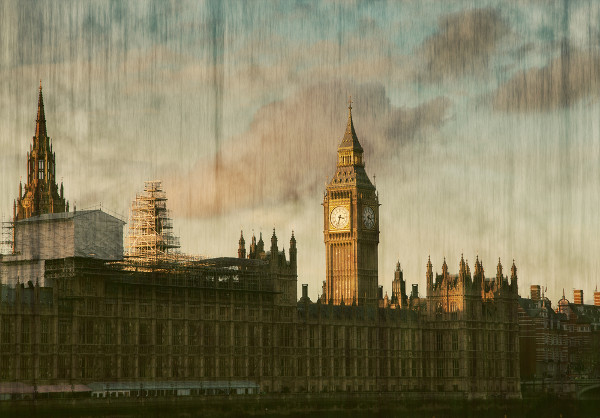
The Stamp Act of 1765 was equally unpopular. Colonists refused to pay it, complaining that they were being taxed unfairly. In 1767 the Stamp Act was repealed, and the colonists’ boycott on British goods was temporarily lifted. Still, many in British Parliament felt that it was time to send in the troops to keep the colonists in line. 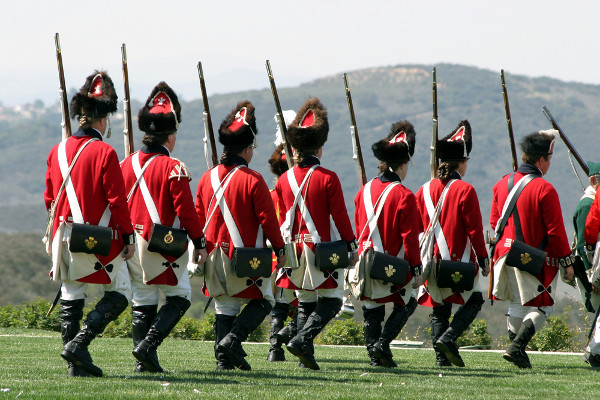
In 1768, Samuel Adams, a member of the Massachusetts House of Representatives, wrote an article attacking the British policy of taxation without representation. The British responded by dissolving the state’s legislature and sending British troops to Boston. 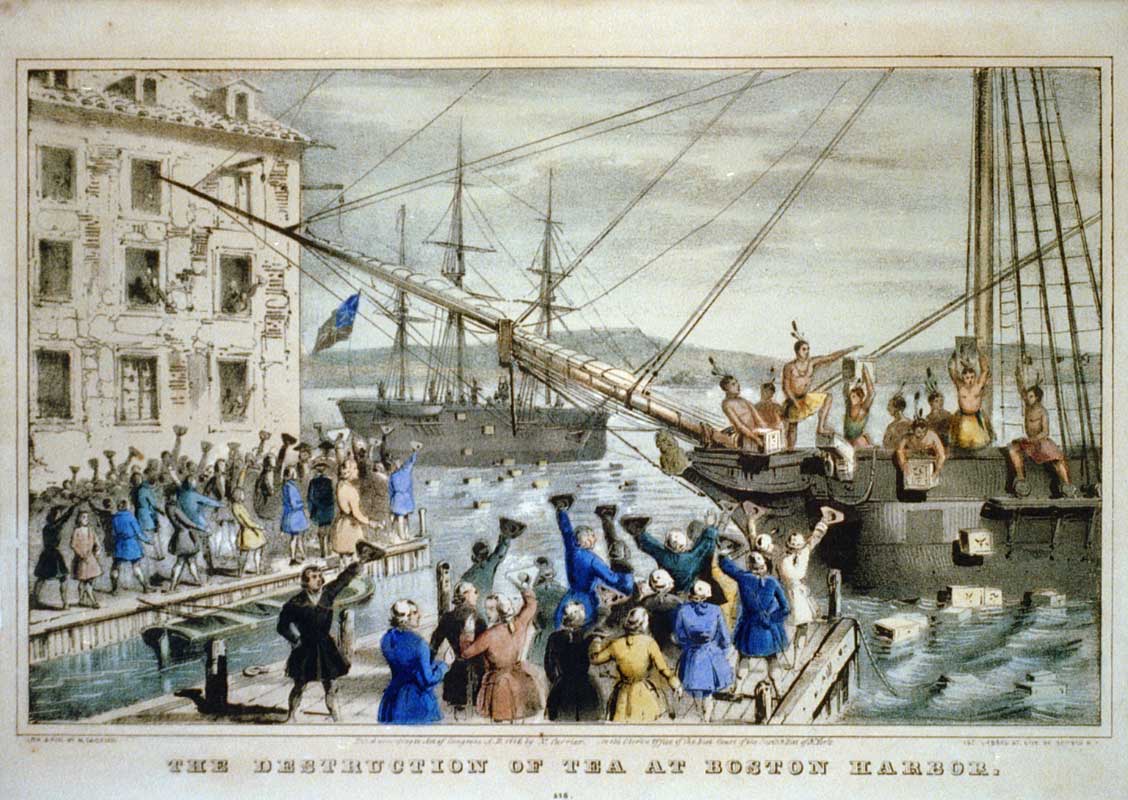
In 1773, Britain passed the Tea Act, which reduced the tax that British tea merchants paid and put them in a much better competitive position than their American counterparts. The colonialists refused to accept these new conditions and immediately planned a tea boycott. 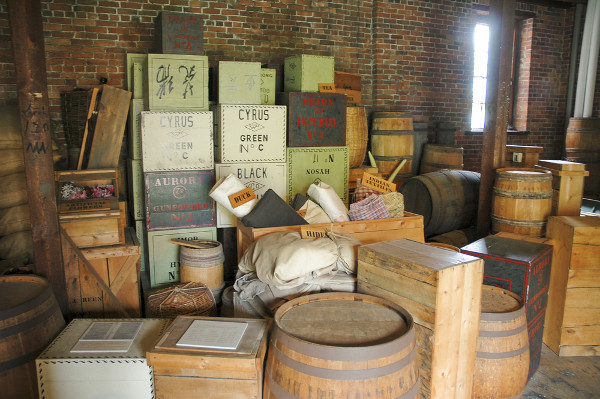
Conflict between Great Britain and the American colonies reached the "point of no"return’ in 1775 when the New England Restraining Act was passed by Parliament. This act tried to prohibit the colonists from trading with any country other than Great Britain. Naturally, the colonists thought it outrageous that the British would attempt to restrict their trade to such a significant degree. 
In 1776, Thomas Paine wrote a pamphlet called "Common Sense" that was widely read throughout the colonies. In language that most colonists could easily understand, Paine laid out the problems resulting from King George's efforts to control the economic and political development of the American colonies. 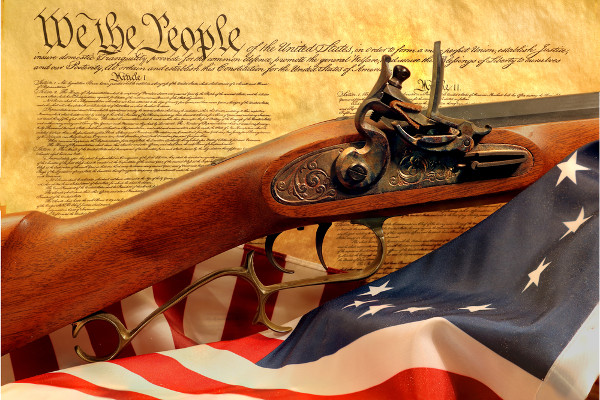
The Declaration of Independence was signed that same year, and the American Revolution began in earnest. |
